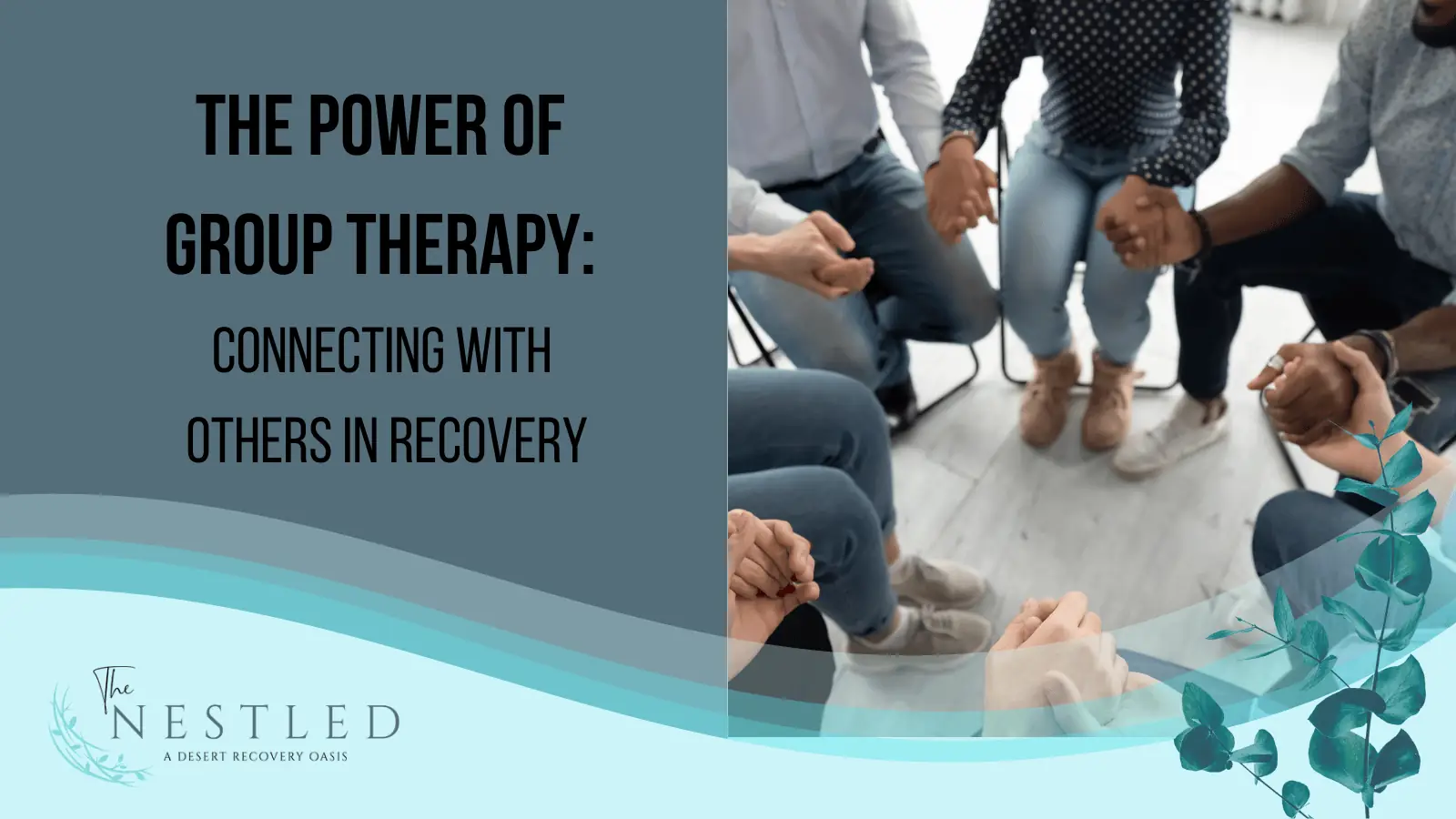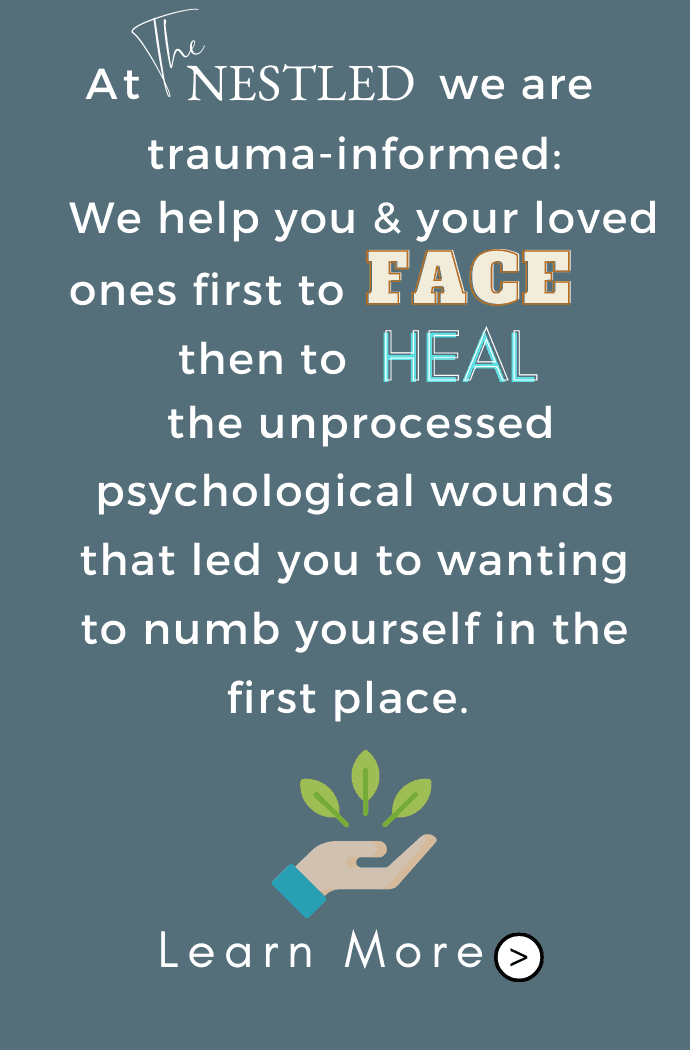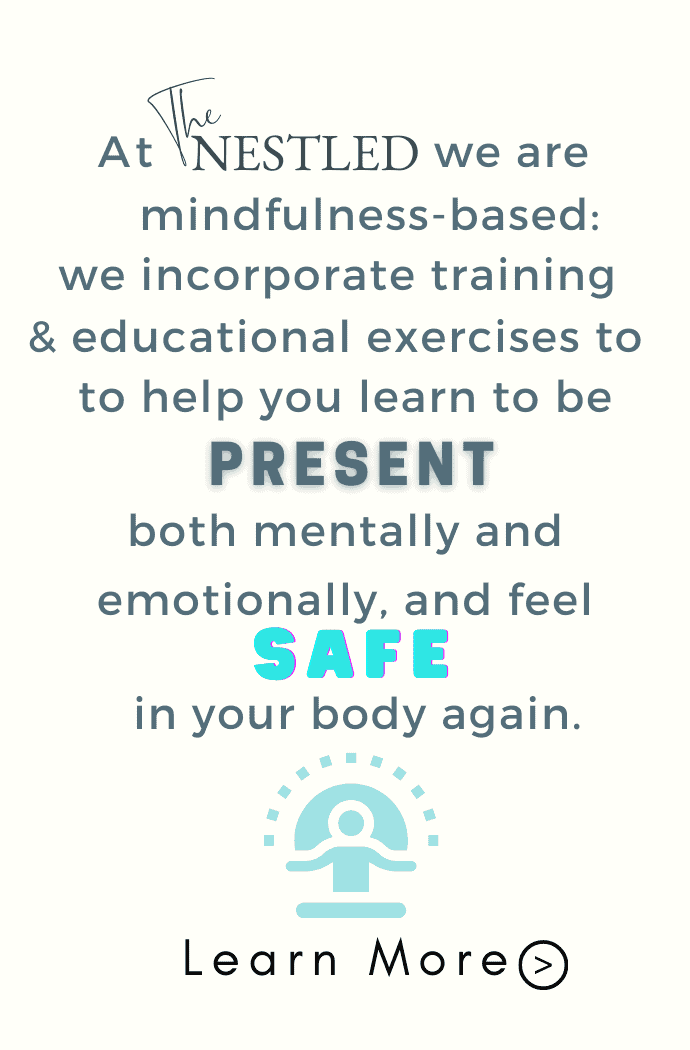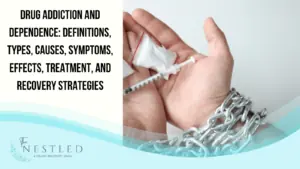Beginning the journey of mental health and personal growth can often feel like a solitary path, but it doesn’t have to be. Many find solace and strength in shared experiences and collective healing. This is where the power of group therapy comes into play, providing a platform for connection, understanding, and mutual support.
Group therapy, a form of psychotherapy, involves one or more therapists working with several people at the same time. This method is rooted in the principle that human interaction and the sharing of experiences can be profoundly therapeutic. In these sessions, participants gain insights not only from their own experiences but also from listening to others, fostering a sense of community and belonging.
This collaborative form of therapy works, its distinct advantages over individual therapy, and the types of issues it can help address. Whether you’re considering joining a therapy group or just curious about its effectiveness, this guide will provide a clearer understanding of what group therapy offers and how it might be a valuable tool in your personal growth and mental health journey.
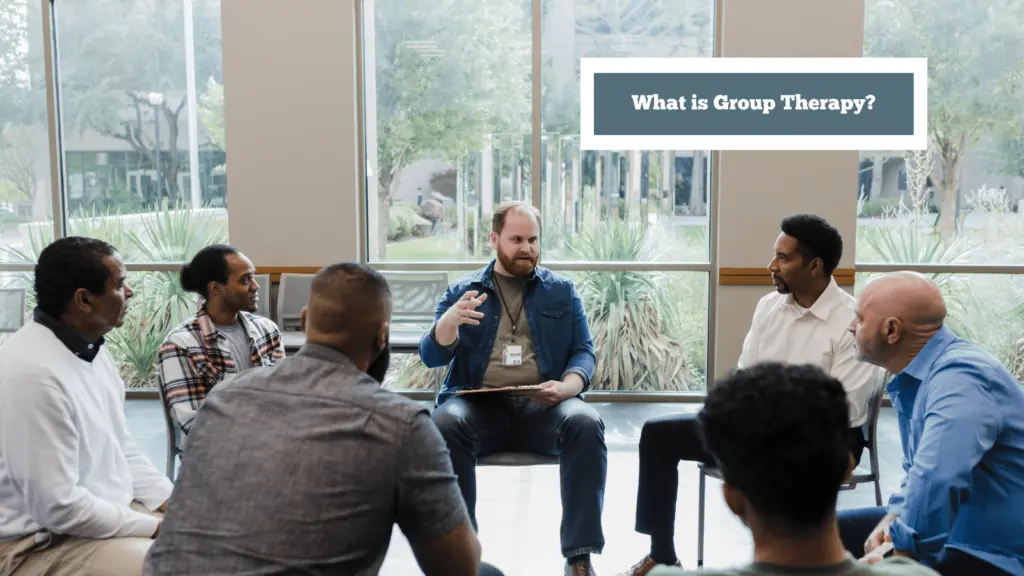
What is Group Therapy ?
Group therapy is a form of psychotherapy that involves one or more therapists working with a group of participants simultaneously. This therapeutic approach is designed to harness the dynamics of group interaction to support personal growth, psychological healing, and improved mental health. In group therapy, members share their experiences and challenges in a safe, confidential environment, offering each other support, insight, and different perspectives. The therapist guides the process, facilitating discussions and activities that promote healing, self-awareness, and behavioral change. Group therapy can be particularly effective for addressing a wide range of issues, including anxiety, depression, addiction, and stress, providing a unique space for shared healing and connection.
What are the Benefits of Group Therapy?
- Emotional Support: Group therapy offers a safe space for individuals to openly express their feelings and vulnerabilities, providing vital emotional support that combats the isolation and shame often associated with addiction.
- Reducing Isolation: By bringing together individuals with similar struggles, group therapy dismantles the isolation that addiction fosters, fostering a sense of community and hope.
- Building Belonging: Participants in group therapy find a sense of belonging within a community of individuals all striving for recovery, boosting self-esteem and fostering positive change.
- Fostering Empathy: Group therapy cultivates empathy and understanding among participants, deepening connections and enhancing their commitment to each other’s recovery.
What are the Structure and Dynamics of Group Therapy?
- Types of Group Therapy: Group therapy comes in various forms, tailored to individual needs, including support groups, psychotherapy groups, and psycho-education groups.
- The Therapist’s Role: Skilled therapists play a crucial role in facilitating group therapy, creating a safe environment, guiding discussions, and ensuring participants benefit from the sessions.
- Participant Interaction: Interaction among participants is central to group therapy, providing a platform for sharing experiences, insights, and feedback while fostering equality and collaboration.
- Confidentiality and Trust: Trust within the group is vital, ensuring that participants’ stories and struggles remain confidential, creating a safe space for vulnerability and recovery.
Personal Growth and Self-Discovery with Group Therapy
- Sharing and Reflection: Group therapy encourages participants to openly share their experiences and thoughts. Through this process of sharing and reflection, individuals gain insight into their own struggles and develop a deeper understanding of themselves.
- Learning from Others’ Experiences: Within the group setting, participants have the opportunity to learn from the experiences of their peers. Hearing how others have faced and overcome challenges can provide valuable lessons and inspiration for their own recovery journey.
- Developing Coping Skills: Group therapy equips individuals with practical coping skills to navigate the difficulties of addiction and mental health challenges. Through discussions and exercises, participants acquire tools to manage triggers, stressors, and cravings.
- Increased Self-Awareness: Self-awareness is a cornerstone of personal growth, and group therapy fosters it. By engaging in introspection and hearing feedback from others, participants develop a heightened awareness of their emotions, behaviors, and thought patterns, which is pivotal in making positive changes.

Overcoming Stigma and Shame
- Creating a Safe and Judgment-Free Space: Group therapy sessions provide a safe and non-judgmental space where individuals can share their stories without fear of stigma or shame. This environment encourages openness and honesty, promoting healing.
- De-stigmatizing Mental Health and Addiction Issues: Group therapy actively works to combat the stigma surrounding mental health and addiction. By bringing individuals together to discuss their struggles openly, group therapy contributes to the destigmatization of these important issues.
- Promoting Open Dialogue: Open dialogue is a key aspect of group therapy, allowing participants to discuss topics that are often considered taboo. Through these discussions, participants challenge preconceived notions and promote greater understanding of mental health and addiction challenges.
Finding the Right Group Therapy for You
When embarking on your journey towards recovery, choosing the right group therapy program is a crucial step. The Nestled Recovery Center stands as a beacon of hope and support, offering a range of specialized group therapy options tailored to your unique needs. Here are key considerations to guide you in finding the most suitable group therapy for your recovery journey:
- Researching Available Options: Begin by researching the available group therapy programs. The Nestled Recovery Center, for instance, provides a variety of group therapy sessions, each designed to address specific aspects of addiction and mental health recovery. Explore these options and gather information about the types of therapy offered, the qualifications of the therapists, and the structure of the sessions.
- Assessing Your Needs and Goals: Take time to reflect on your personal needs and goals. What are the specific challenges you’re facing in your journey to recovery? Are you seeking support for addiction, mental health concerns, or both? Understanding your needs will help you align them with the appropriate group therapy program at The Nestled Recovery Center.
- Considering Compatibility and Timing: Compatibility with the group and the timing of sessions are critical factors. Consider whether you prefer a gender-specific or mixed-gender group, as well as the size of the group. Additionally, take into account the schedule of therapy sessions and whether they align with your daily routine.

We’re Here to Help- The Nestled
By carefully researching your options, assessing your needs and goals, and considering compatibility and timing, you can make an informed decision about which group therapy program is the right fit for your recovery journey. Remember that seeking help and connecting with others in a supportive environment can be a significant step towards a healthier and more fulfilling life in recovery.
Through the bonds of connection, personal growth, and the dispelling of stigma, group therapy offers a lifeline to individuals wrestling with addiction and mental health challenges. It equips them with essential coping skills, empathy, and support. If you or someone you know is on the path to recovery, take action today by contacting The Nestled Recovery Center. Let the transformative power of group therapy guide you towards a brighter, healthier future. Don’t wait – take that first step now.

